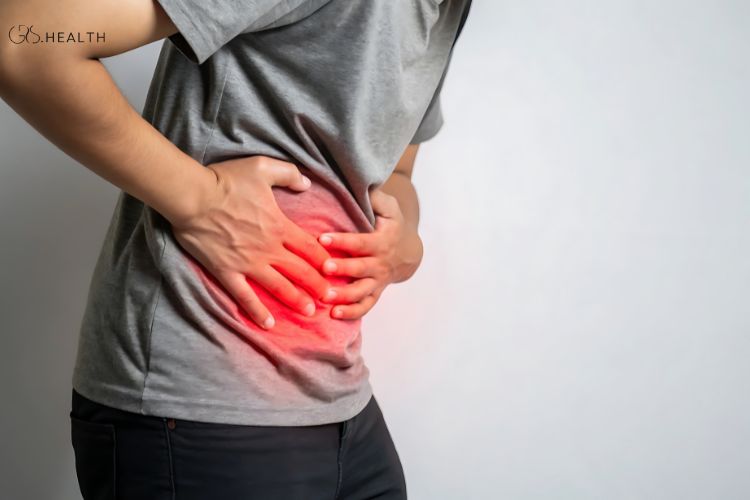Anxiety disorders are among the most common mental health issues affecting individuals worldwide. One specific manifestation of anxiety that can significantly impact a person’s daily life is an anxiety attack. These episodes of intense fear or panic can be overwhelming and debilitating, leading to physical discomfort and emotional distress. In this article, we will delve into the causes, symptoms, and coping strategies for anxiety attacks, while also exploring diverse perspectives on this mental health phenomenon.
Understanding Anxiety Attacks
Anxiety attacks, also known as panic attacks, are sudden episodes of intense fear or apprehension that peak within minutes. Individuals experiencing an anxiety attack may feel a sense of impending doom, chest pain, shortness of breath, or dizziness. These episodes can occur unexpectedly and without any apparent trigger, making them particularly distressing for those affected.

Causes of Anxiety Attacks
The causes of anxiety attacks can encompass a wide range of factors, including genetic predisposition, past trauma, imbalances in brain chemistry, and the presence of anxiety disorders like generalized anxiety disorder or panic disorder. External stressors such as work pressure, financial concerns, and relationship issues can also play a significant role in triggering anxiety attacks.

Symptoms of Anxiety Attacks
The symptoms of an anxiety attack can vary from person to person, but common manifestations include:
- Rapid heartbeat: A racing heart or palpitations are a common physical symptom of anxiety attacks.
- Shortness of breath: Feeling like you can’t catch your breath or are suffocating.
- Sweating and trembling: Profuse sweating and shaking are common reactions during an anxiety attack.
- Chest pain or discomfort: A feeling of tightness or pain in the chest area.
- Fear of losing control or going crazy: Intense fear or a sense of impending doom.
- Nausea or stomach upset: Digestive disturbances can also accompany an anxiety attack.
Coping Strategies for Anxiety Attacks
Managing anxiety attacks involves a combination of self-care practices, therapy, and, in some cases, medication. Some strategies that can help individuals cope with anxiety attacks include:
Deep breathing exercises and mindfulness: Practicing deep breathing techniques can help calm the mind and body during an anxiety attack.
(Please refer to our article on the benefits of breathing exercises for more information)

Seeking professional help: Consulting a therapist or counselor can provide valuable support and guidance in managing anxiety attacks.
Medication: In severe cases, prescribed medication such as anti-anxiety drugs or antidepressants may be necessary to manage symptoms.
Regular exercise: Physical activity has been shown to reduce anxiety and improve overall mental well-being.
Healthy lifestyle choices: Eating a balanced diet, getting adequate sleep, and avoiding excessive caffeine or alcohol can help reduce the frequency of anxiety attacks.

Diverse Perspectives on Anxiety Attacks
It is important to recognize that individuals from diverse backgrounds may experience anxiety attacks differently. Cultural factors, socioeconomic status, and access to mental health resources can all influence how anxiety attacks are perceived and managed. Understanding these diverse perspectives is crucial in providing inclusive and effective support for those struggling with anxiety disorders.
Conclusion:
Anxiety attacks are a challenging mental health issue that can have a significant impact on an individual’s quality of life. By raising awareness, promoting understanding, and offering support, we can help those affected by anxiety attacks navigate their symptoms and work towards better mental health.
Sources
- Anxiety and Depression Association of America, Symptoms
- National Institute of Mental Health, Anxiety Disorders










